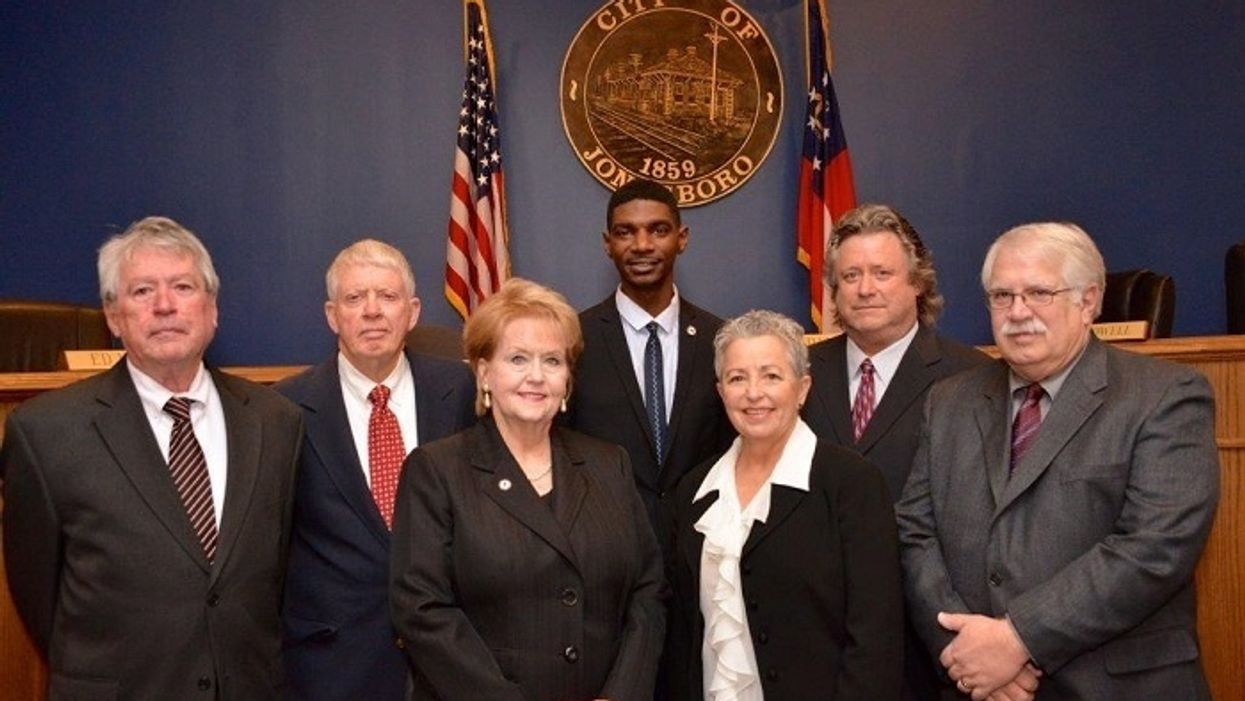Should the police station be the only polling place in a town with a black majority population, a white majority municipal government and a recent history of racial tensions in law enforcement?
The city council of Jonesboro, a rapidly gentrifying but still poor suburb south of Atlanta, has said "yes." Civil rights groups say the proper answer is "no."
The council said its decision in September to hold this year's local elections in the police station is because the usual polling location, a museum, is being renovated and city hall isn't big enough. The Lawyers Committee for Civil Rights Under the Law and five other groups that promote civil and voting rights this week urged the city to reverse itself or face a potential lawsuit in November for violating the Voting Rights Act.
"Turnout may be suppressed because voters of color, and voters having experienced negative interactions with law enforcement, may be deterred from casting a ballot," they wrote. "Many people of color have a negative and perceptions of law enforcement, and with good reason. Law enforcement has unfortunately played a central role in the suppression of the African-American vote through the course of our nation's history."
The groups' letter said the elections should be held in a school, church or other public buildings that's less freighted with that sort of history. But a state law enacted in the name of voting rights says polling locations can't be switched within two months of Election Day.
Jonesboro's 4,600 person population is 61 percent black, down from 75 percent at the start of the decade thanks to rapid suburban sprawl, but only one of the council's seven members is African-American. Other than hosting beach volleyball when Atlanta held the 1996 summer Olympics, the town is perhaps most famous for making the wearing of sagging pants an act of "disorderly conduct." And allegations of police brutality and mistreatment of people arrested for local offenses, especially black teenagers, led to the resignation of Police Chief Franklin Allen last year.




















Trump & Hegseth gave Mark Kelly a huge 2028 gift